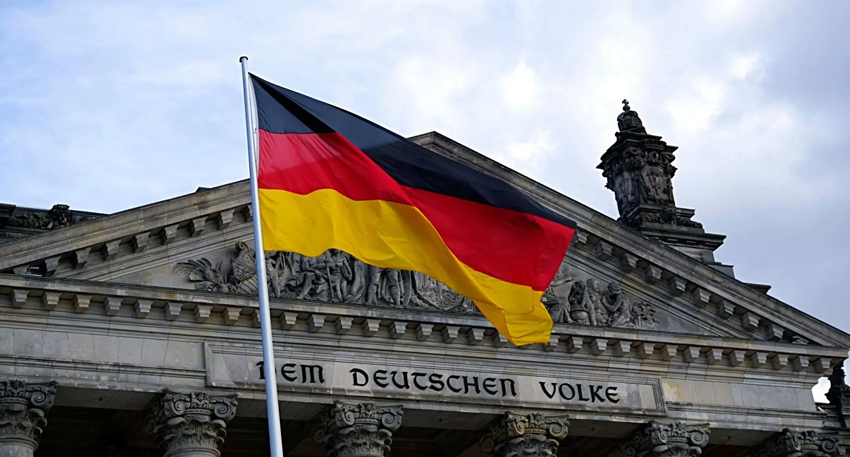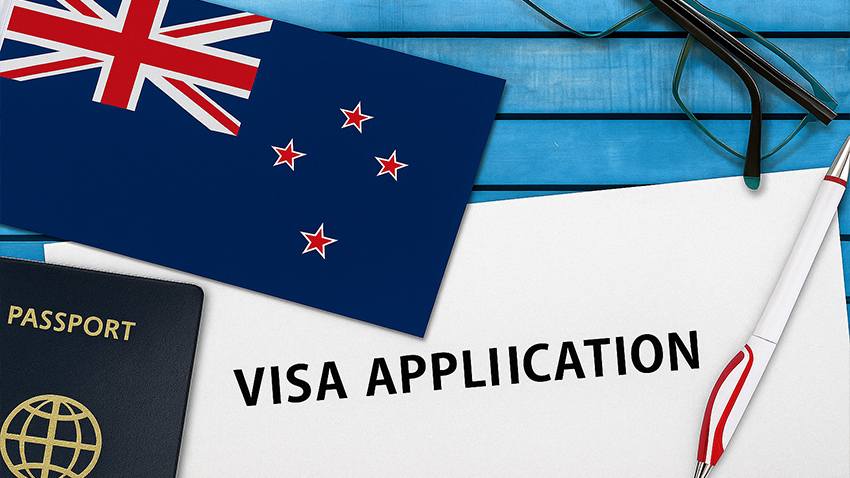
According to sources, on the directions of KP Chief Minister Ali Amin Gandapur, a delegation led by Provincial Law Minister Advocate Aftab Alam Khan was flying to Kurram to assess the law and order situation in the region.
The delegation was traveling to the region to assess the law and order situation and reactivate the local jirga to establish peace. The delegation included Chief Secretary Aslam Chaudhry, Commissioner Kohat Division, DIG Kohat, and other high officials.
Sources said that shot was fired at helicopter but its pilot managed to land it safely. The delegation was remained unhurt, sources added.
After the terrifying incident, the security has been tightened and investigations into the incident have been started.
Earlier, the region has witnessed fierce clashes, resulting in the killings of several innocent civilians. A few days ago, a firing incident claimed over 40 lives and left several injured. The unknown assailants opened fire on passenger vehicles.
In an effort to establish peace and end the violent incidents, the government sent the delegation under the leadership of Provincial Law Minister Aftab Alam Khan to Kurram. The delegation aimed to submit a report to government after assessing law and order situation.




